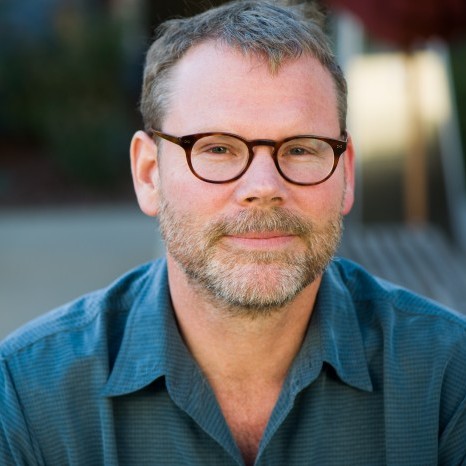 In a thought-provoking new op-ed in The New York Times, Erle Ellis argues that when it comes to global sustainability “overpopulation is not the problem.”
In a thought-provoking new op-ed in The New York Times, Erle Ellis argues that when it comes to global sustainability “overpopulation is not the problem.”
Ellis, an associate professor of geography and environmental systems at UMBC and visiting associate professor at Harvard’s Graduate School of Design, writes, “Many scientists believe that by transforming the earth’s natural landscapes, we are undermining the very life support systems that sustain us. Like bacteria in a petri dish, our exploding numbers are reaching the limits of a finite planet, with dire consequences. Disaster looms as humans exceed the earth’s natural carrying capacity. Clearly, this could not be sustainable. This is nonsense.”
Such claims about “natural carrying capacity,” Ellis suggests, are based in a fundamental misunderstanding of the ecology of human systems, which assumes they have a natural equilibrium. Ellis instead argues, “The conditions that sustain humanity are not natural and never have been. Since prehistory, human populations have used technologies and engineered ecosystems to sustain populations well beyond the capabilities of unaltered ‘natural’ ecosystems.”
Read the full op-ed on The New York Times website and learn more in a follow-up guest post on the Dot Earth blog.



